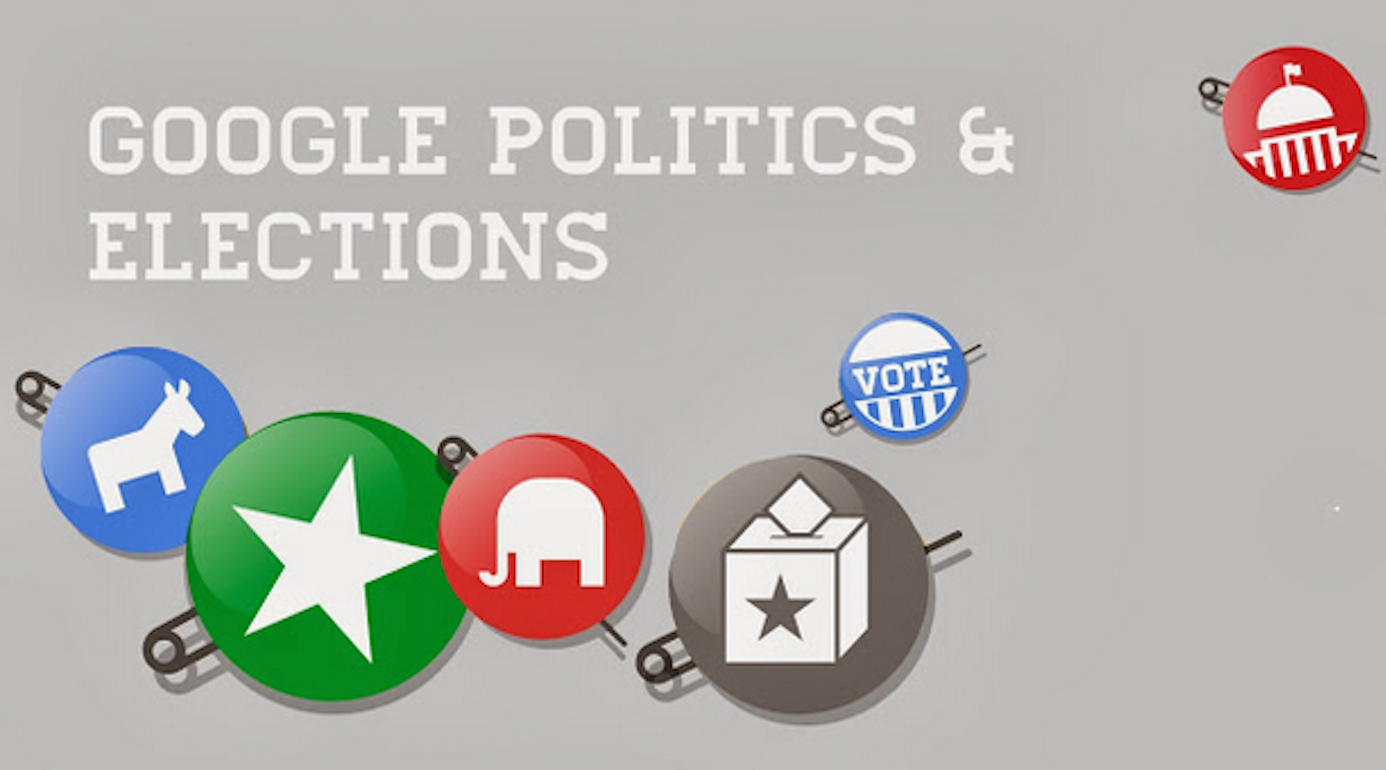Search results wield the power to color one’s view of any person, place, or thing. This is a given. And being the far-and-away biggest search engine in the world, Google wields most of that power. Of course, in order to sleep at night, we all have to assume that Google will, ultimately, restrain from using that power to nefarious ends. At least not too nefarious.
Though it should be obvious that Google plays a huge role in most Americans’ perceptions, it’s certainly unnerving to think about the search giant swaying an election.
But that’s exactly what Google has the power to do, according to researchers.
Psychologist Robert Epstein says, unequivocally, that your next president could ascend to the oval office with the help of some Google search algorithm tweaks. And he has some data to prove it.
Epstein set up a very basic experiment. Take a bunch of undecided voters, give them the choice between two candidates, set them loose to search said candidates for 15 minutes on a Google-like search engine, and see if it sways their opinions.
And boy did it ever.
From Epstein’s write-up at Politico:
In our basic experiment, participants were randomly assigned to one of three groups in which search rankings favored either Candidate A, Candidate B or neither candidate. Participants were given brief descriptions of each candidate and then asked how much they liked and trusted each candidate and whom they would vote for. Then they were allowed up to 15 minutes to conduct online research on the candidates using a Google-like search engine we created called Kadoodle.
Each group had access to the same 30 search results—all real search results linking to real web pages from a past election. Only the ordering of the results differed in the three groups. People could click freely on any result or shift between any of five different results pages, just as one can on Google’s search engine.
When our participants were done searching, we asked them those questions again, and, voilà: On all measures, opinions shifted in the direction of the candidate who was favored in the rankings. Trust, liking and voting preferences all shifted predictably.
How much of a shift? Epstein says favorability ratings for the candidates jumped anywhere from 37 to 63 percent which, given elections are often decided by small margins, is a pretty big deal.
It’s not far-fetched when you think about it. if you searched for a candidate, and you mostly see negative headlines pop up on the first page of search results, it’s reasonable to think your opinion of said candidate may suffer. Flip that to positive results, and you could understand how Epstein thinks Google could easily promote certain candidates.
Of course, one would have to believe that Google would want to influence an election. I mean, who knows? It’s not as if Google is a massive corporation with a multitude of vested interests.
Would that be evil of them?

